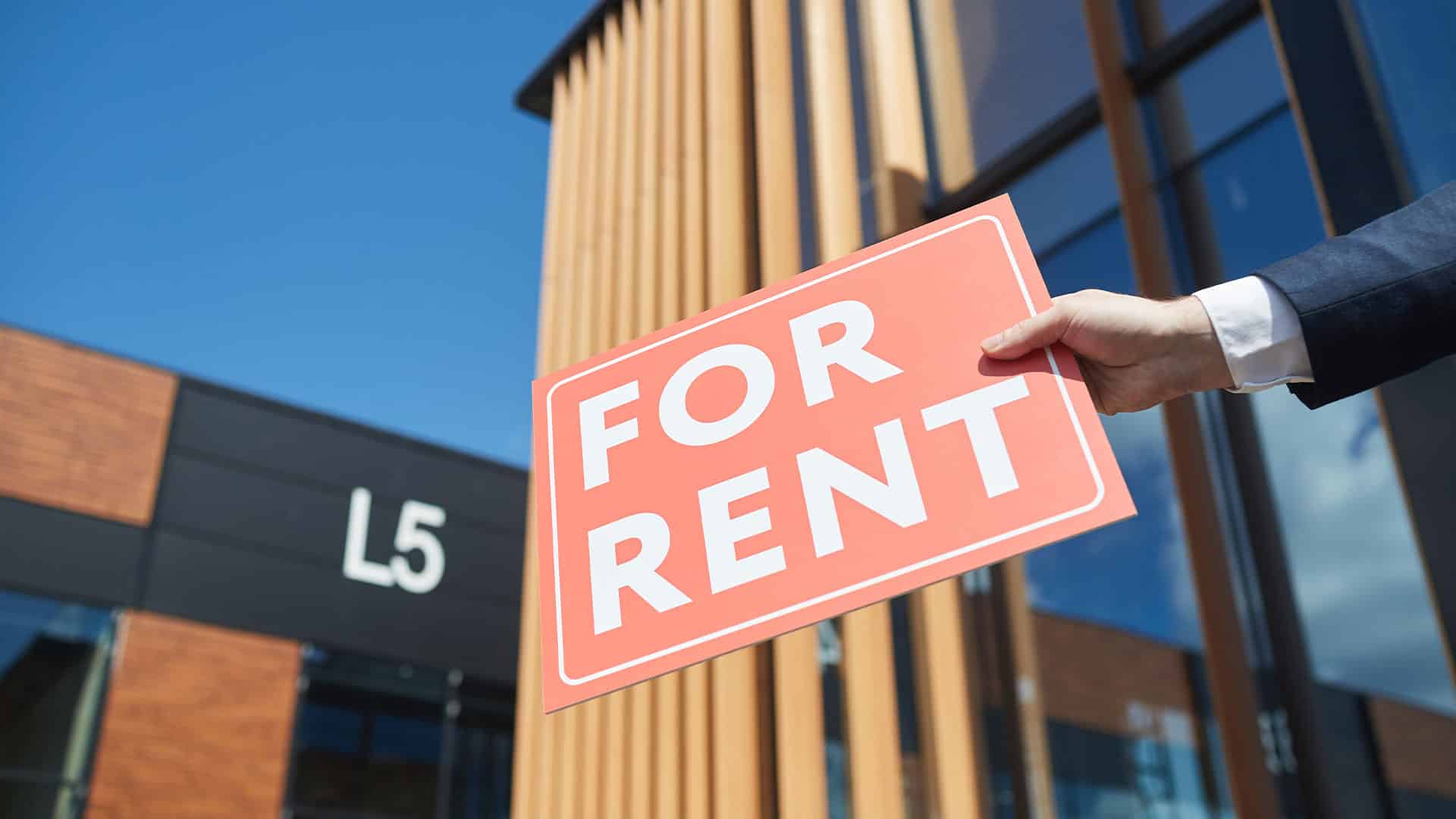In this article
Investing in a buy-to-let property can be a rewarding way to generate income, build equity, and diversify your financial portfolio.
To get the most out of your investment, careful planning and an informed approach are key. Here are some important factors to keep in mind.
Know Your Target Tenants and the Market
Before buying a buy-to-let property, you need to understand the type of tenants you want to attract and what they prioritise.
Are you aiming to rent to families, students, young professionals, or retirees? Different tenant groups have different preferences.
For example, families often prefer homes close to schools and parks, while young professionals may look for properties near public transport links and social amenities.
Researching the local market will give you an idea of rental demand, typical rental prices, and competition.
Popular areas often come with higher purchase prices, but they may offer stronger rental yields and long-term growth potential. Weighing these aspects carefully is important to maximise returns.
Speak to an Advisor – It’s Free!
Schedule a free callback from one of our experts today.
- All situations considered
- Transparent and honest mortgage advice
- We search 1000s of purchase and remortgage deals
Our customers rate us 4.9/5
Understand Potential Returns and Costs
Successful buy-to-let investments start with a clear understanding of potential returns and costs. Calculate rental yields, which show how much income you can expect relative to the property’s price. While target yields vary, many landlords aim for a yield of 5% or higher to ensure strong returns.
It is equally important to consider ongoing costs. Mortgage payments, insurance, maintenance expenses, letting agent fees, and periods when the property might be unoccupied all affect your profitability.
Budgeting for unexpected costs, such as emergency repairs or legal compliance, will help ensure you are well-prepared.
Selecting a Buy to Let Mortgage
Buy-to-let mortgages usually have different requirements compared to residential ones. Typically, lenders ask for a larger deposit, often around 20% to 25%, and they assess affordability based on your expected rental income.
Consider exploring interest-only mortgage options, which can reduce your monthly payments, although the full loan balance will need to be repaid at the end of the term.
It can be beneficial to speak with a mortgage broker, who can help you navigate different options and find the right deal tailored to your goals.
Managing Your Buy to Let Property
Being a landlord is more than just collecting rent. It involves ensuring the property remains in good condition, meeting safety standards, and addressing tenant needs.
You can manage these responsibilities yourself, which requires a significant time commitment, or use a letting agent who will handle day-to-day operations for a fee.
If you decide to manage the property yourself, having a trusted network of tradespeople for repairs and emergencies is helpful.
Letting agents, meanwhile, can reduce the workload but add to your expenses. Decide which approach aligns best with your availability and investment goals.
Meeting Legal Obligations
The rental market in the UK is highly regulated, with rules designed to protect tenants and landlords alike.
You will need to comply with laws covering tenancy agreements, deposit protection, and safety standards, among other requirements. Non-compliance can lead to fines or other legal consequences.
Some areas have additional licensing schemes for landlords, so make sure you are up to date with any local requirements.
Being aware of your obligations helps you avoid issues and build positive relationships with tenants.
Speak with a Professional Tax Advisor
Tax implications for buy-to-let properties can be complex and may have an impact on your profits.
It is highly recommended to speak with a tax advisor to understand your obligations and explore any potential deductions or reliefs specific to your circumstances.
Consider Your Long-Term Plans
Think about your long-term goals for the property. Will you keep it to generate rental income, sell it to realise a profit, or pass it on to your family?
Having a clear plan can guide your decisions and help you adapt to changing market conditions.
Speak to a Mortgage Broker for Buy to Let Success
An important aspect of a successful buy-to-let investment is securing the right mortgage for your needs.
Mortgage brokers like ourselves here at UK Moneyman can offer access to a broad range of products, often on better terms than you might find on your own.
They help clarify lending criteria, such as deposit requirements and affordability assessments based on rental income.
Whether you are looking for competitive rates, need assistance structuring your finances, or simply want to maximise returns, speaking with a knowledgeable mortgage broker provides invaluable support.








